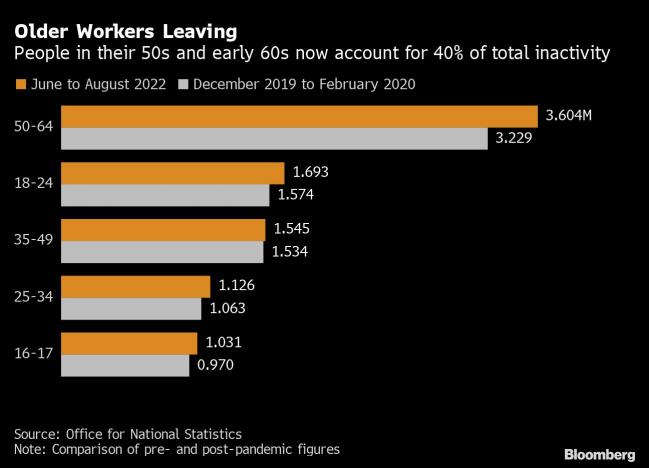Brexit causes high inflation-Bank of England
2022.11.30 07:54
[ad_1]

Brexit causes high inflation-Bank of England
Budrigannews.com – According to Bank of England chief economist Huw Pill, Brexit is partly to blame for the UK’s historically high inflation by weakening the economy, increasing pricing pressure among businesses, and causing job losses.
He added that the central bank has determined that there is no reason to alter the assumption that leaving the European Union will result in a permanent loss of 3 percent of the UK’s national output within 15 years.
Pill said at a conference on Wednesday that the bank was still focused on getting inflation back to its target of 2%, which was 11.1% in October. He also said that he expects headline inflation to fall “quite quickly” in the second half of next year.
He argued that Britain’s exit from the European Union has made the BOE’s job more difficult.
Prices are rising in three ways as a result of leaving the EU: changes in migration, less competition, and less intense trade After newspaper reports that senior government figures would like closer ties to ease skill shortages and reduce border frictions, his remarks raise additional questions about the UK’s new trade deal with the EU.
It was one of the BOE’s most in-depth and comprehensive comments on Brexit.
Companies now have to support visas in order to hire foreign workers as a result of the EU’s decision to end free movement.
Pill stated that, despite the fact that overall migration has not changed, the nationality of migrant workers has shifted toward a greater number of individuals from outside the EU.
Pill stated, “I think is at least open to question whether those those people are as immediately productive and fungible in the labor market.”
He added, “which probably means there is greater pricing power in value chains, and that has probably proved to be somewhat inflationary.” Brexit has also altered business competition. The trade channel is affecting productivity and innovation.
“Brexit is a part of the story, but I don’t think it’s the whole story. I think it’s probably just part of the story.However, I believe it has had some effect.
Pill was giving a speech to a panel that was put together by the Institute of Chartered Accountants in England and Wales. He also said that he wanted the government to help clear up obstacles in the labor market so that wage prices wouldn’t go up as much.
Pill said, “The ball is in someone else’s court” to fix the UK’s shrinking workforce and health service issues, heavily implying that these are problems for the government to fix. He stated that if the labor force’s productivity and staff workforce dropout issues were resolved, the BOE would be better able to combat inflation.
He stated, “If those supply side factors were dealt with in an appropriate manner, our job would be easier, and the health of the UK economy in terms of growth and dynamism would be better.”
The United Kingdom is the only developed economy that has not recovered to pre-Covid GDP growth levels. It struggles with a tight labor market with 600,000 fewer workers than before the pandemic, most of whom are between the ages of 50 and 64.
Pill suggested that creating incentives for people to be more productive in the labor market could be beneficial in helping to solve supply side constraints and ensuring that the NHS delivers care more effectively to keep people in the workforce, throwing heavy hints that the problem is one that the government should address rather than the BOE.
He continued, “But those are decisions that are not within our remit.”Naturally, these are choices that should be made.Therefore, I believe that other people have a stake in this.
[ad_2]








